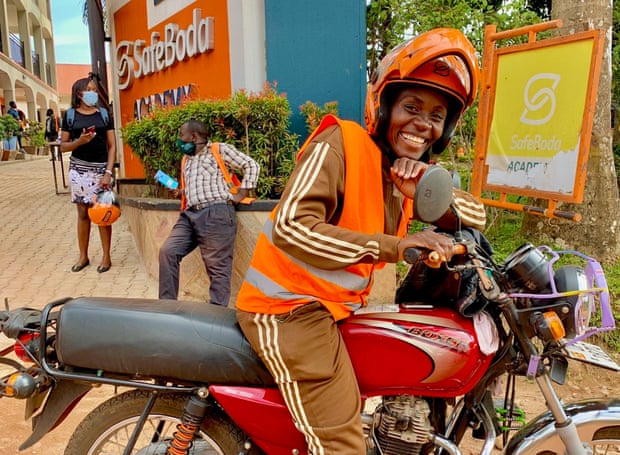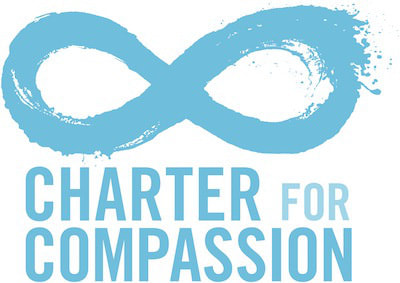“Those who talk, let them talk; this woman is serious now.”
“Those who talk, let them talk; this woman is serious now.”
This motor bike taxi driver breaks Ugandan taboosShe hopes to inspire other women
April 8, 2022
Riding a motorbike in Uganda was something only men could do. At least that is what Allen Kisakye Butundu was told when she said she wanted to learn to ride one. “The community were shocked to see a female rider. Some people would even shout things at me and chase me,” she says.
The 27-year-old decided to learn to ride a motorbike two years ago. Initially, the decision was to save money on travel between the capital, Kampala, and the more rural areas where she worked as a social worker. But she is now one of just a few female riders of boda boda, as motorbike taxis are known, out of an estimated 1 million in Uganda. She is also one of only three women working for SafeBoda, a Uganda-based startup that employs about 26,000 riders. Butundu earns up to £10 a day on her motorbike and is the chief breadwinner for her children and husband, a trained veterinarian, who has regular periods without work. But the journey has not been easy in a society with engrained gender roles. Her husband “refused completely” when she asked him to teach her how to ride. “I didn’t give up,” she says. “I stopped boda boda drivers on the road and said: ‘I’m not a customer but I want to learn how to ride this bike, I want to do your business.’” Butundu was taught by other riders, paying them a small fee or buying petrol. Her husband eventually came around to her new passion and paid the deposit on a £1,400 bike. Last year, she became a full-time driver. Working from about 10am to 6pm most days, Butundu says she decided to forgo her former career because she could be more flexible with her hours. She has recently bought another bike and rents one out to a friend. She found it difficult to adapt to being a boda boda driver, though. “My neighbours had never seen me put on trousers before. I felt ashamed at first,” she says. “I used to pack my helmet and trousers in a bag and change near my bike, which I parked away from the house. But then I thought – I have to start accepting that this is part of my work.” Butundu’s parents still do not know about her job, and her sister was shocked: “She didn’t believe I was her biological sister.” Driving a boda boda is considered taboo for women because of its association with crime. It is a largely unregulated industry and in February, Ugandan authorities warned that criminals were masquerading as boda boda drivers. Women are also seen as unable to defend themselves from attacks from other drivers and the public. One of Butundu’s passengers stole her phone when he realised she was a woman. But being a woman can have benefits, she says. Riders are constantly trying to evade police officers in central Kampala as they weave in and out of heavy traffic. This often leads to the police seizing bikes and forcing drivers to pay large fines. “But when they notice I am a woman, instead of being tough, they start smiling and they let me go,” she laughs. Butundu hopes her story will encourage other women to start riding boda boda in Uganda. She praises her employer, saying the startup is working to restore faith in the industry by training its drivers, ensuring they wear helmets and tracking their movements through an app. But the company has only scratched the surface – only about half of the country’s boda boda drivers are registered, according to officials. Butundu will keep on breaking gender boundaries. “Those who talk, let them talk,” she laughs. “This woman is serious now.” Content from The Guardian
|
We envision a world in which people treat each other with respect and kindness, where we consider the Earth to be our home to care for and to enjoy. And we see that this world is in the process of emerging. Positive News is a reflection of this widespread movement and tells its powerful stories. |









